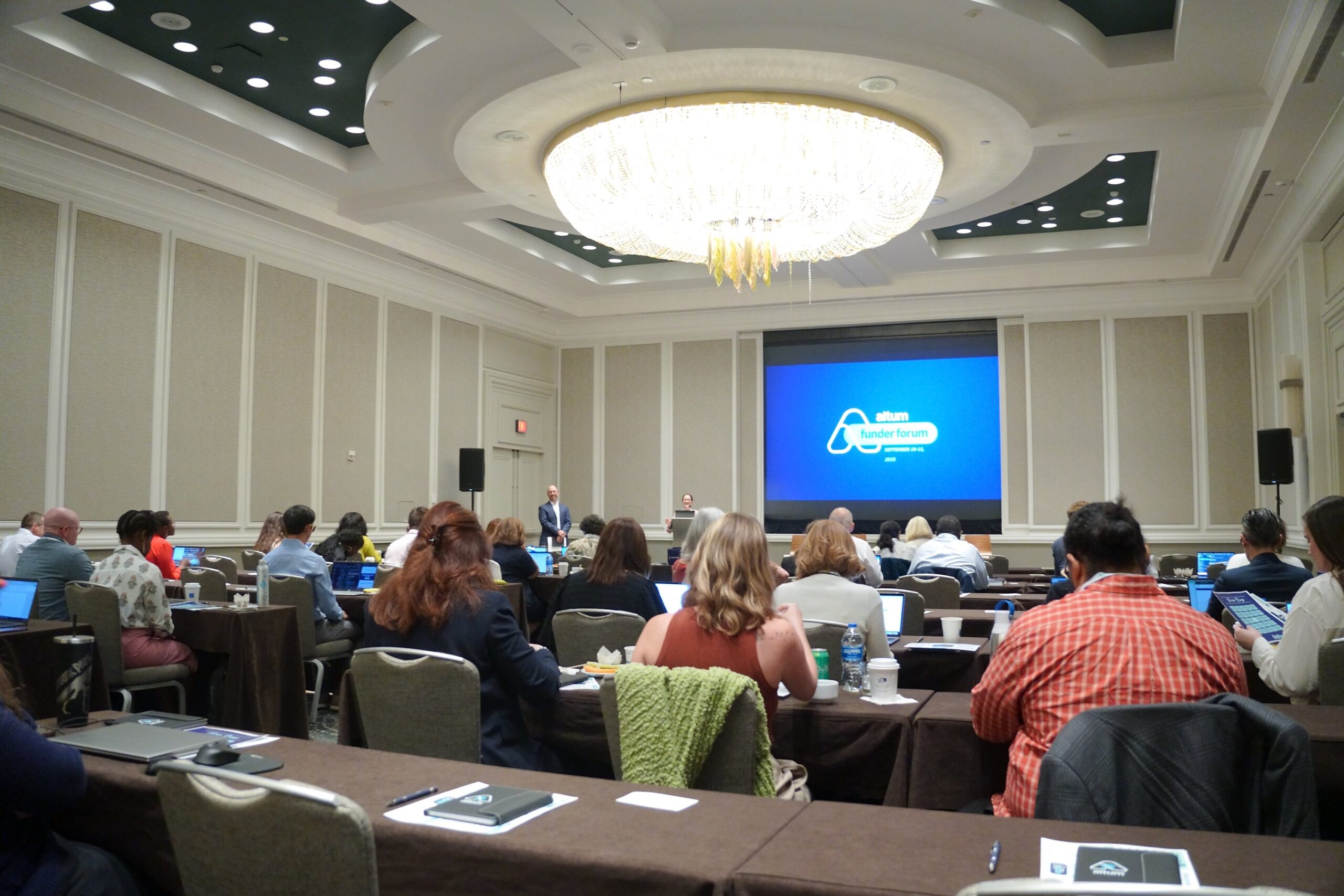In a world driven by technological advancements, it is no surprise that artificial intelligence (AI) has found its way into various domains, including research grant communities. As researchers strive to explore new frontiers and push the boundaries of knowledge, generative AI has emerged as a powerful tool. Building upon the concepts in the article “Generative AI and the Research Grant Community,” this article delves deeper into the impact of generative AI, the challenges it presents for ethical considerations, and the steps ProposalCentral is taking to ensure ethical and responsible use of Generative AI.
The Power of Generative AI
Generative AI allows researchers to leverage machine learning algorithms to generate new content, designs, or ideas. This technology has revolutionized the research grant community by enabling researchers to accelerate the generation of innovative solutions. Whether it is exploring new scientific hypotheses, designing novel experiments, or creating artistic pieces, generative AI has become an invaluable asset.
AI Ethical Considerations
While generative AI offers numerous benefits, it is essential to address the ethical challenges associated with its implementation. One of the key concerns is the potential bias present in training data. If the data training AI models have bias or lack diversity, the outputs may inadvertently perpetuate such biases. Therefore, researchers must be mindful of the data sources they use and actively work towards developing unbiased and inclusive datasets. This also pertains to the data sources funders may use if utilizing AI during the peer review process. Altum recognizes this and has security measures in place within ProposalCentral to redact any demographic information from a grant proposal before peer review.
Additionally, the issue of intellectual property rights arises when using generative AI. Determining ownership and authorship of generated content can be complex, raising questions about who has the right to use or commercialize the outputs. Clear guidelines and frameworks must be set up to navigate this aspect, ensuring fairness and protection for all parties. While utilizing ProposalCentral, grant funders and institutional officials can rest assured that researchers are reporting accurate intellectual property with our innovative customizable validations surrounding patents, disclosures, licenses, registered copyrights, and much more.
Finally, it is important to consider the potential for generative AI to be used by attackers for malicious purposes. ProposalCentral addresses this concern by supplying a secure platform for researchers to collaborate and share data. This helps to protect researchers from potential attacks and to ensure the integrity of their data.
Ethical AI: ProposalCentral’s Commitment
Generative AI is powerful and can help the research grant community, however, there are always ethical considerations to note. ProposalCentral is a powerful tool that can help researchers and grant funders use generative AI responsibly and ethically.
Here are three specific ways that ProposalCentral can help researchers use generative AI ethically:
- Redacting demographic information: ProposalCentral redacts any demographic information from grant proposals before peer review. This helps to ensure that reviewers or AI tools are not influenced by the personal characteristics of the researchers.
- Tracking and managing intellectual property: ProposalCentral supplies innovative customizable validations surrounding patents, disclosures, licenses, required copyrights, and more to ensure researchers are reporting accurate IP.
- Supplying a secure platform: ProposalCentral supplies a secure platform for researchers to collaborate and share data. This helps to protect researchers from potential attacks and to ensure the integrity of their data.
Is your organization thinking about Generative AI? How you will communicate your expectations on the proper use to your researchers? If so, reach out to us! We would love to hear your thoughts.




